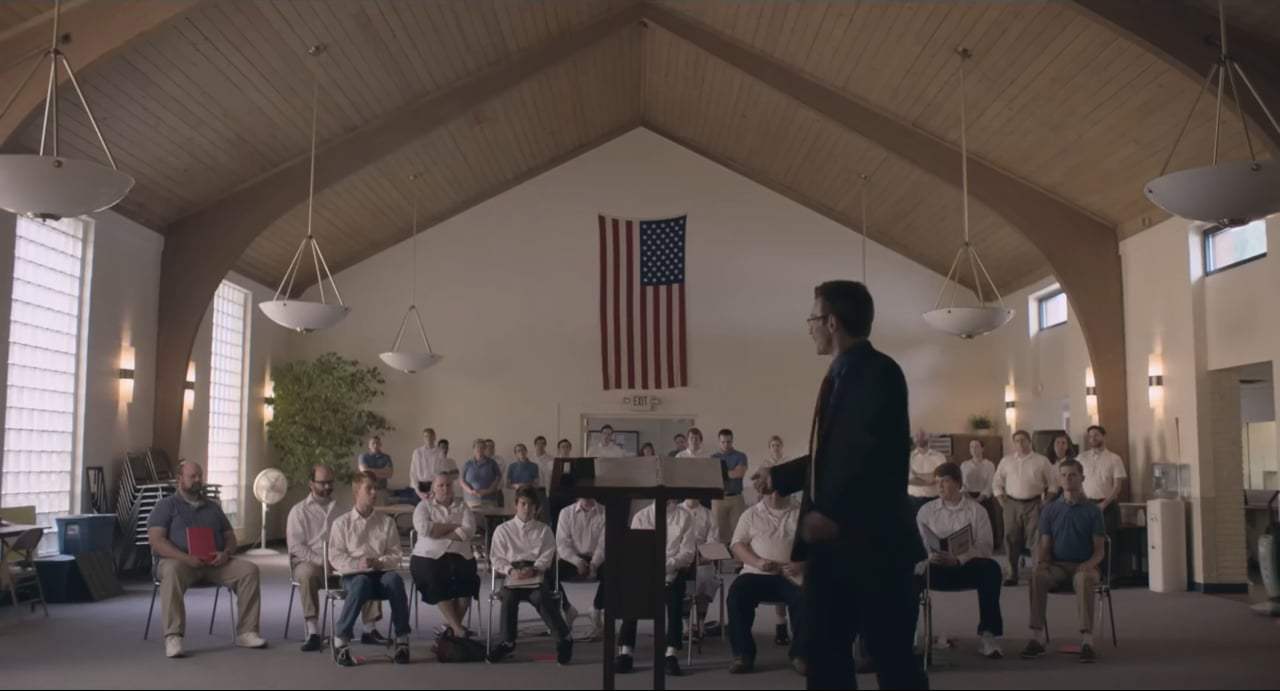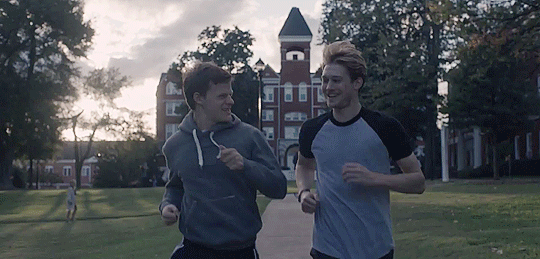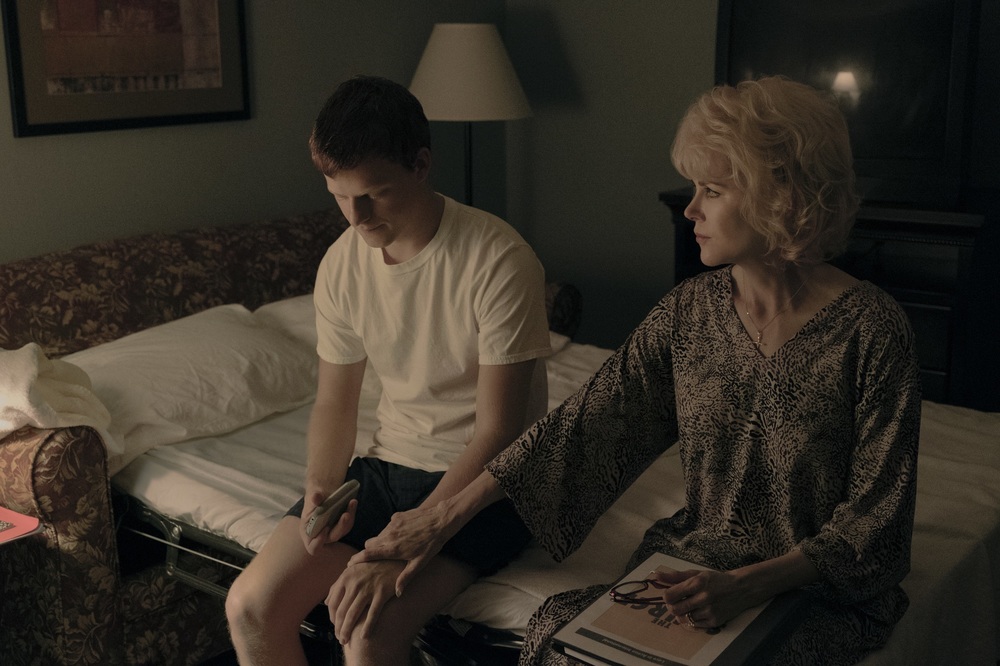I always try to go into movies (and, well, most other events in my life) completely blind–I hate to watch trailers or read plots; just knowing basic facts ahead of time, like which actors are in the cast, upsets me. This has become a self-enforced law in virtually all areas of my life. So it wasn’t until a few minutes in that I realized that Colin Farrell, the very man who enchanted me in The Lobster played a main character (I found out later that the director was also the same in both movies). Exactly what I didn’t want to happen happened then: based on this new knowledge gained early in the movie, I began forming expectations. When I first watched The Lobster last year, alone in my dorm room in early spring just before the sun went down, I was floored. After it ended, I walked outside and hung onto a stop sign to keep from blowing away, though the air was still.
The result of comparisons like these is almost always disappointment. To regard a piece only as a continuation of a body of work, rather than its own autonomous thing which works in cooperation with itself, is a mistake that typically cannot be undone. This is probably why I didn’t exit my house at the end to clutch at a telephone pole or something. In fact, I forgot how it made me feel almost directly after, which is completely different from my relationship with other movies. 
Still, at some parts I was taken back to the old feeling, that sick gut high-pitched thing stuck somewhere in a nasal or orbital cavity when your mind bends a little painfully. I got this towards the end, as the children begin competing to be spared. Nothing else was starkly shocking in the same way. Not when Steven forces donuts down his son’s throat, or Anna flatly suggests it’s only rational to kill one of the children. When nothing really strikes, there is nothing to grab onto, nothing that connects us to the story.
Nicole Kidman, despite her brilliance in drama, was out of place in this movie. She thrives in hard-hitting, emotional film, not parts where she needs to seem totally unfeeling. Similarly, the presence of Alicia Silverstone got my goat at first, until I separated her from her Clueless days: as she’s grown up, her glazed-eye stare has shifted from strangely flirtatious boredom to  something closer to slightly-conscious paralysis. The way her face moves can be disconcerting, bringing about an inexplicable sense of panic in my chest. And all three of the kids were perfect for this kind of acting, as all children are.
something closer to slightly-conscious paralysis. The way her face moves can be disconcerting, bringing about an inexplicable sense of panic in my chest. And all three of the kids were perfect for this kind of acting, as all children are.
 It was also clear the crew put thought into how they played with lighting. Much of the time, scenes were engulfed in golden light, sometimes artificial, but warm all the same. Maybe it was just the presence of Kidman, but it gave me some Eyes Wide Shut sensations. Rather than acting as a contrast to the coldness of the characters, it invited me into readily accepting the social norms of the world Lanthimos creates.
It was also clear the crew put thought into how they played with lighting. Much of the time, scenes were engulfed in golden light, sometimes artificial, but warm all the same. Maybe it was just the presence of Kidman, but it gave me some Eyes Wide Shut sensations. Rather than acting as a contrast to the coldness of the characters, it invited me into readily accepting the social norms of the world Lanthimos creates.
The movie wasn’t bad, but it was forgettable. Instead of still thinking of the questions it raises (it is morally wrong to have a favorite child? Who is most responsible in medical malpractice situations? What kinds of guilt can we handle, and how much?), I’m just flashing back to Martin messily eating spaghetti with a white shirt on. Unfortunate, maybe, but it’s the truth.








